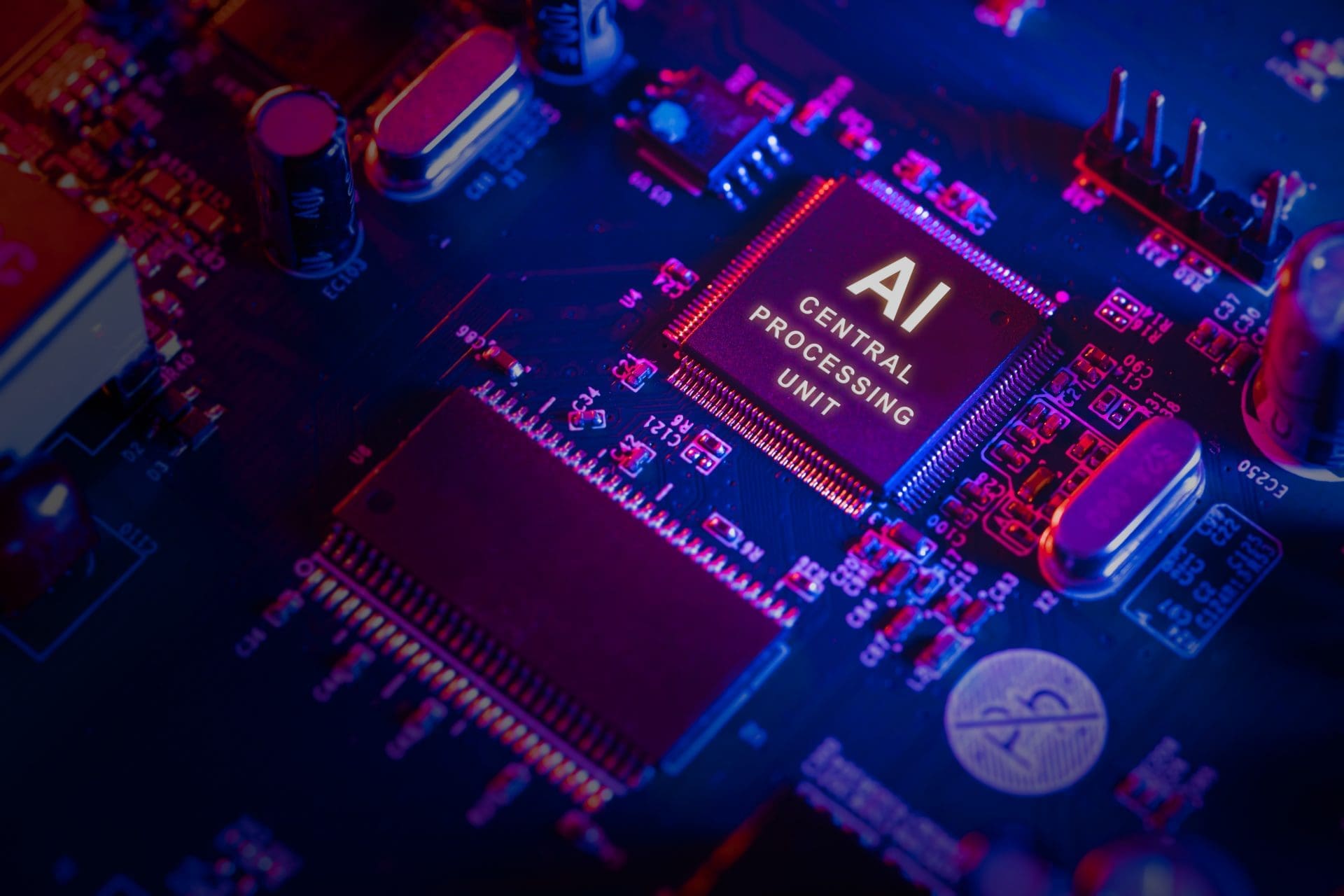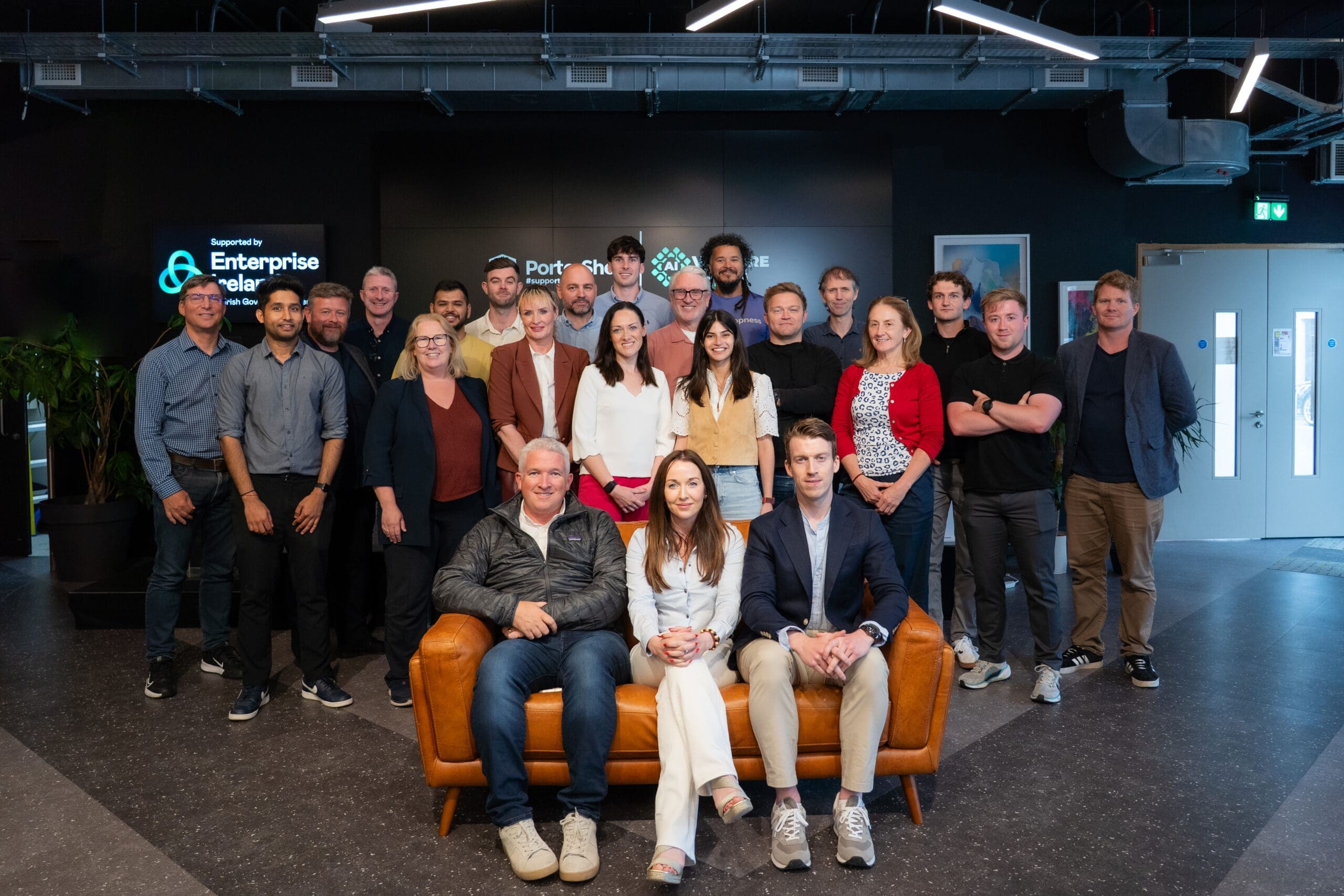Maciej Dabrowski, Chief Data Scientist, Digital and AI at Genesys, took time to sit down with the PorterShed blog recently. Maciej has been with Genesys for four-and-a-half years. Before that, he was with Altocloud for four years. So, it’s safe to say that Maciej is a fount of knowledge in his field, and he took time to speak with us about how to create a great product, Galway’s role in the development of AI, and what he sees as the future of the technology.
It’s fair to say that artificial intelligence is dominating many conversations in the start-up and broader tech worlds today. At the recent Dublin Tech Summit, there were more than a few panels discussing the current developments as well as a few others that pondered the future of AI, too. With Genesys’ AI headquarters in Galway, it’s clear that the City of Tribes has a key role to play in what that industry becomes.
From Maciej’s point of view, “strong universities and access to world-class engineering talent” are two of the big reasons that Genesys chose Galway as their AI centre.
“The AI ecosystem in Galway is steadily growing, we do have good universities here that give us access to engineering talent and an exceptional quality of life. What we don’t have in comparison to larger cities is access to a strong pool of local, senior AI technical talent who have “seen it all” over a long career in AI.” Maciej adds. “In the past, I would say there were not that many AI jobs in Galway – there was Genesys and a handful of other companies working on AI to some degree. Now there are many more opportunities for finding AI jobs in the West”.
Maciej also makes the point that Galway has good engineers that are transitioning into AI, something that is working really well to fill that senior talent gap. For him, the West of Ireland has an abundance of world-class engineering talent on all levels, and with an increasing number of companies working on AI, many engineers will pick up AI skills and transition into core AI. He points to NUIG’s degree to help with this transition and makes the point that Genesys are providing the opportunities to make that switch – with success.
And there is another big positive that Maciej sees, something that Galway can do, in particular:
“If I were to pick one of the things we can do really, really well that will boost the ecosystem, it would be the start-ups. We have a relatively small but critical mass that is working on that, and one of the best ways to grow the AI ecosystem is to develop start-ups that get acquired by a big company and then start building around it. “If that start-up happens to do AI, then that’s obviously an anchor to build around them. So, one of the things we can do is to get more AI start-ups rooted in Galway because that will pull in the AI talent, engineers, new companies, and more resources into our AI ecosystem.”

When it comes to exactly what AI can do for people and the wider world, our conversation veers towards the idea of what is best, what is useful, and whether AI always needs to follow either one of these paths.
“We should not approach AI as a magical, all-capable solution to the most-pressing World problems out of the box – it’s not, at least, not yet” Maciej explains, adding that there are lots of studies about how and why AI companies fail when they lack focus on the suitable use case that is feasible and can deliver value. What it all comes down to in most cases, he says, is value generation that depends on the focus on applying AI to the right use case, and access to talent that can solve it using available data and technology.
For Maciej, the best way to attract talented people is to create products that solve problems – big or small.
From Genesys’ perspective, artificial intelligence is all about making things easier for customers and users. Because while AI can sometimes have the cachet of being futuristic and otherworldly, Maciej makes the point that it needs to be understood by those who are using it – and getting the benefit from it.
“We want to make AI accessible and simple. There are a bunch of things that underline that, such as transparency and privacy, for example. Fundamentally, what we’re trying to do is build AI into the products that people use and don’t require advanced degrees to operate them. So, we have to explain what AI does, how it does it, in a way that people understand it and trust it enough to use it.”
Maciej gives an example of a product they launched last year which they ultimately redesigned to be uber simple. The predictive routing software applies AI to connect customers with the most suitable agents, finding areas in the call center that can be optimized. Businesses can identify the areas they can create value with AI within a matter of a few simple clicks. Essentially, queues which would benefit from optimization can be identified and targeted leading to better customer experience and business results. It’s certainly an everyday AI win that, on the face of it at least, is accessible and easy to understand.
For Maciej, AI is a means to an end. He points to Genesys’ predictive routing as the ideal showcase of why that should be the focus. “In most cases It’s not really about the AI technology (algorithm) itself, it’s more about how you apply it to create value, how you make it simple, how you embed it, and how it improves people’s daily lives and makes them better.”
By Trevor Murray

Content Marketing Specialist at the PorterShed
Email: trevor@portershed.com | LinkedIn | Twitter


